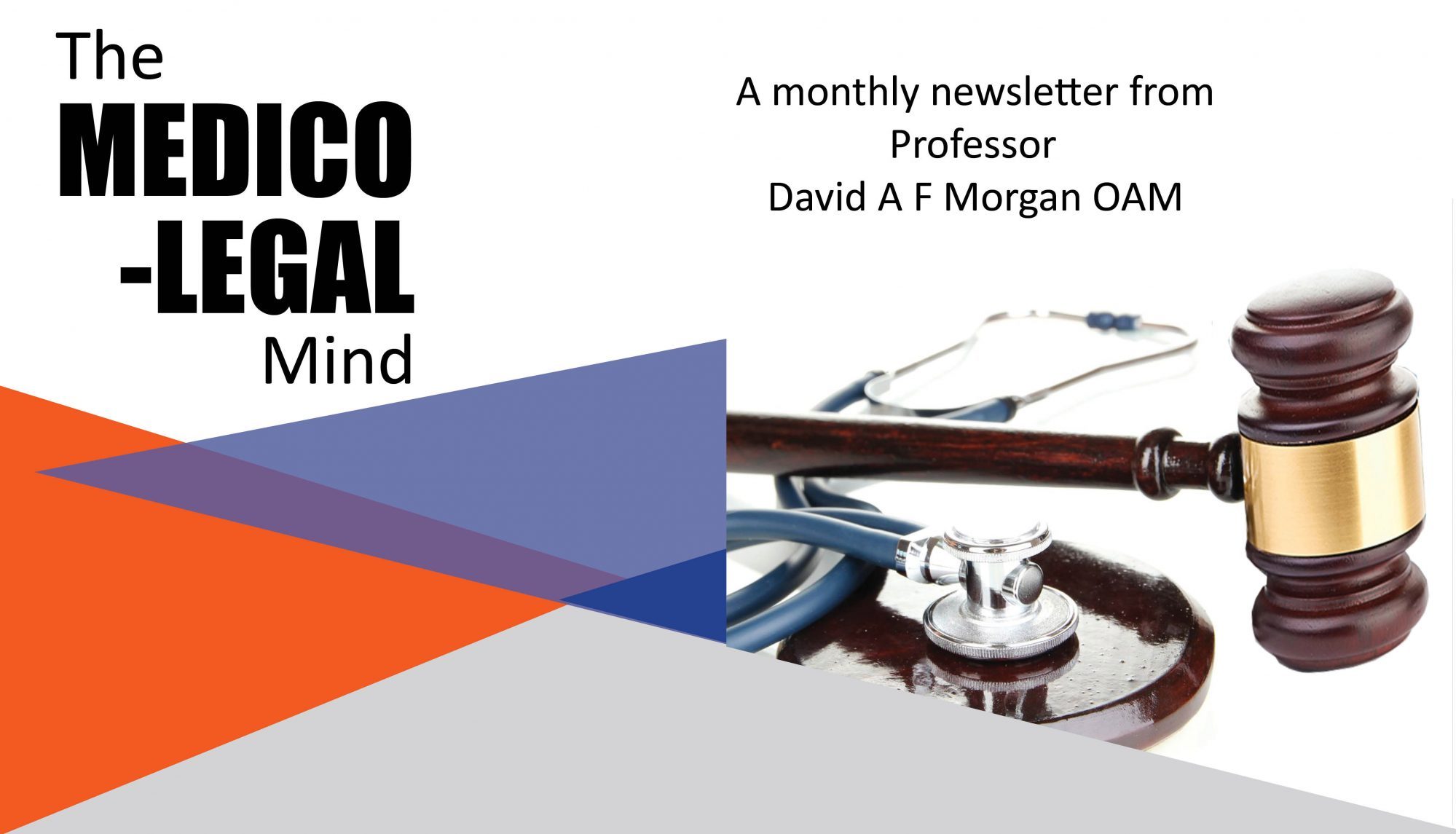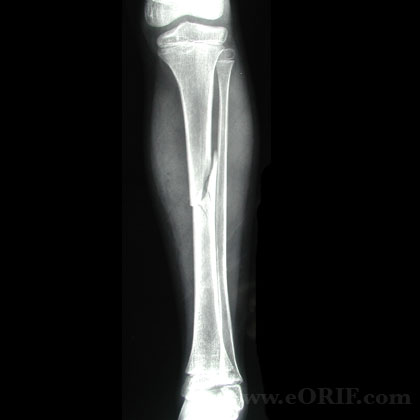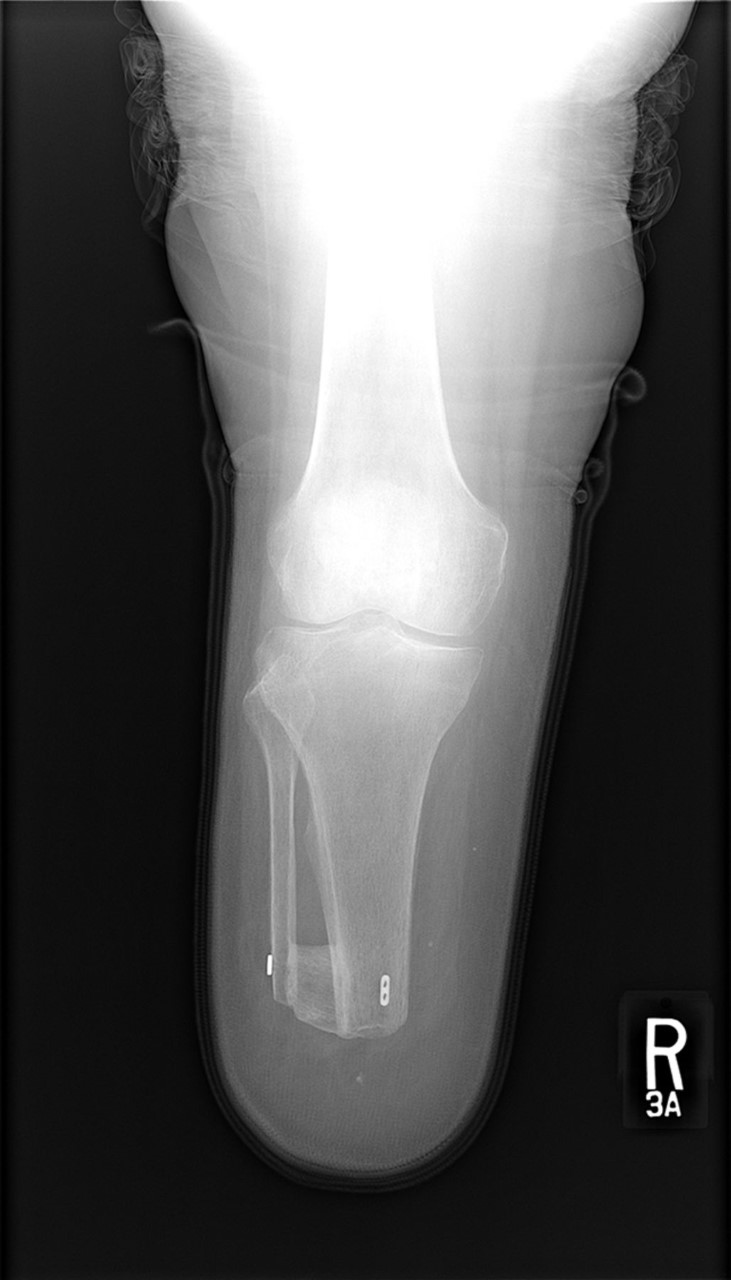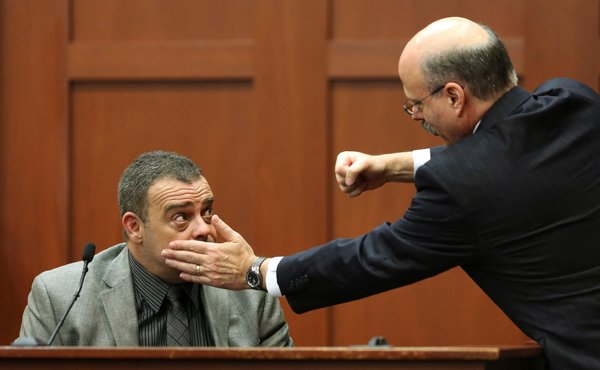Lead Article
Economic Losses Associated With Personal Injury and Medical Negligence

This is likely to be your big ticket item. Losses that have accrued following an injury and those that are likely to accrue in the future can amount to a massive sum.
The analysis of the loss is complex and requires very special care and attention. Many variables are important.
Those variables include the age and sex of the plaintiff, the level of education that has been acquired, prior work experience with or without trade qualifications, the economic climate that prevails, the determination of the plaintiff and his or her doggedness and stoicism.
Those plaintiffs seeking an opinion on “total and permanent disablement” will require the expert to carefully review the definition.
Economic loss and impairment bear little relationship with each other. Instead, economic loss and disability are very closely linked.
Barrister vs Surgeon
For example, if I was unfortunate enough to amputate my dominant upper limb through the mid-forearm level with a chainsaw on the weekend, my ability to return to work as an operating orthopaedic surgeon would be permanently extinguished.
Conversely, if my good friend the barrister sustained a similar injury, he or she could return to work on the following Monday albeit with the bandaged forearm in a sling.
Our impairments would be identical. Our disabilities however would be dramatically different.
Another Example
A more realistic example may focus upon a 40 year old construction labourer who has sustained a severe injury involving one or more of his lumbar intervertebral discs. He has required operative intervention including decompression and stabilisation of the vertebral column. He has been away from work practices for 18 months. He attended high school to year 9 level only, has no trade qualifications and has no work experience other than that associated with the construction industry. He has no clerical, office or administrative skills.
It would be unrealistic to expect him to return to work as a builder’s labourer. Considerable remunerative losses have already accrued during that 18 month period and additional losses could be expected in the future.
It is possible however than an appropriate retraining programme may equip him with some skills that would allow him to secure work practices over the next 25 years until he reached a reasonable retirement age. That retraining programme may allow him to work as a telemarketer, as a call centre operator or even as a factory worker in a seated position performing light bench work. It would be necessary for him to sit or stand at will during the course of a working day but nonetheless, he could be productive.
Making the Correct Decision
Given the importance of this facet of any personal injury or medical negligence claim, it is imperative that your expert addresses all of those variables in a transparent and cogent manner. A clear, concise explanation of an opinion can allow the Court to quantify the losses with much greater accuracy.




